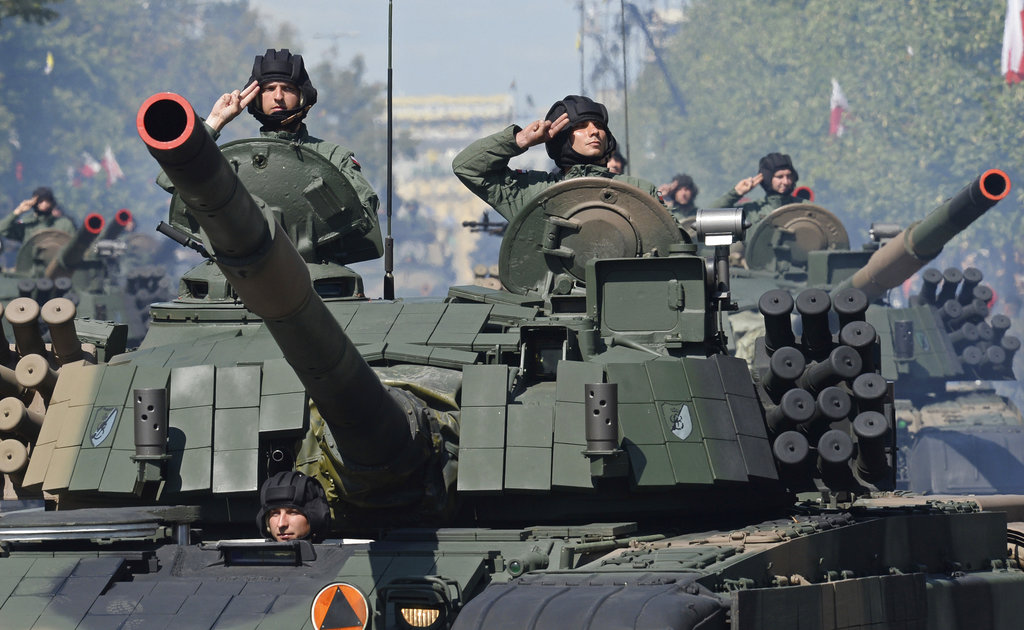Poland has announced plans to ramp up its defense spending following Russia’s invasion of neighboring Ukraine, the government revealed on Thursday.
The ruling Law and Justice party (PiS) told Polish lawmakers it would be making an amendment to its current defense bill to set up a gradual rise in its commitment to defense.
“There will be an amendment [to the defense plan]: 3 percent of GDP on defense next year, and then we will increase it,” Poland’s Deputy Prime Minister Jaroslaw Kaczynski told the lower house of parliament on Thursday.
The spending commitment will be significantly greater than NATO’s minimum requirement of its members to apportion 2 percent of GDP to defense capabilities.
Originally, the introduction of all the provisions in the country’s proposed Homeland Defense Law was planned to be spread across 36 months, however Kaczynski told the Sejm: “This deadline needs to be shortened due to the current situation. The entire operation must be carried out quicker than we thought.”
The leader of the governing PiS party indicated that the spending on equipment will be financed from loans and long-term bonds to ease the impact on the budget. A special defense fund will also be created in the country’s national development bank, BGK, and money will also be raised from the sale of shares in defense industry companies.
The legislation does not set a target for numbers of military personnel, however, as they introduced the legislative draft, both the defense minister Mariusz Błaszczak and Jarosław Kaczyński himself estimated that there would be 250,000 regular troops and 50,000 members of the territorial army.
The legislative draft also envisages the creation of voluntary national service and the division of the military reserve into passive and active types.
Lastly, the proposal sets out the process for any future conscription, mobilization and martial law, and will include regulations with regard to military education, disciplinary procedures and restrictions on commercial and public activities of military personnel.




